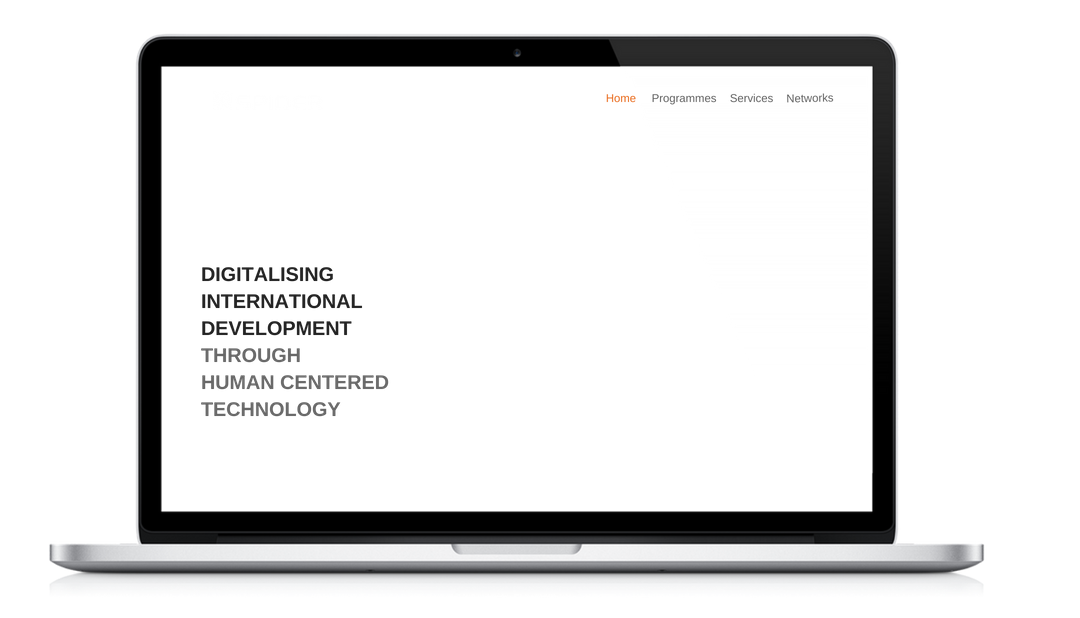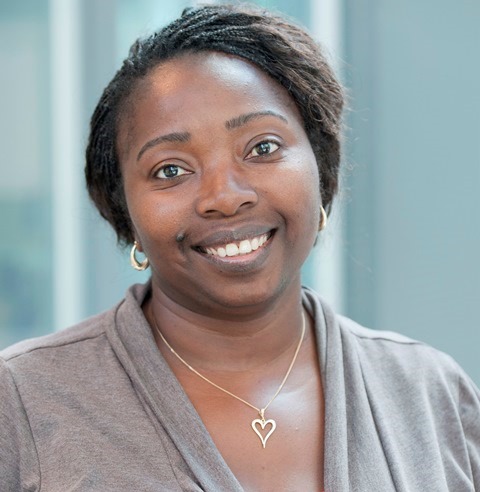SPIDER is an independent ICT4D center
We digitalise international development
Since 2004 SPIDER has made the digitalisation of international development our main concern. Today we are an independent public center with innovative programmes in Africa, Asia and Latin America. We coordinate multilateral funding/investments and offer tailored professional development and capacity building through our global networks to any organisation and company that aims to bring about the Sustainable Development Goals through the use of information & communication technologies (ICT). SPIDER has a team of 12 core staff from eight different countries, speaking 30 different languages. What makes SPIDER unique is the global network of partners who inform, invest in, manage and carry out research in our programmes, effectively driving digital international development in innovative ways.
What SPIDER does
Programme Management
Applied Research
Capacity building
SPIDER operates across several thematic areas and we are happy to assist your organisation in planning focused lectures, training or workshop on digital development as a tool for development. Whether it is about gender and technology or how you can integrate Result Based Management (RBM) in your results reporting on ICT4D (ICT for Development).
Networks
We really like Networks, SPIDER weaves webs of intersectional expertise from local project partners to global decision makers. We think SPIDER networks are what makes us successful. Get to know about them, and other networks SPIDER is part of. Today we have six Networks, some regional, others with a specific thematic focus.
utilising digital systems. Solving Big Problems
We operate across different thematic areas, across sector divides and have a global network of partners – solving big problems through human centered digital tools.
Partners
Programmes
Ongoing projects
SPIDER Networks
Latest updates
Learn about projects


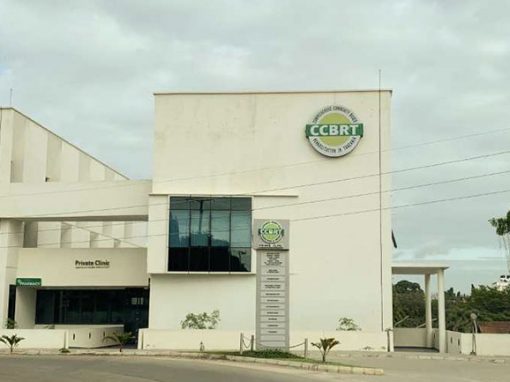



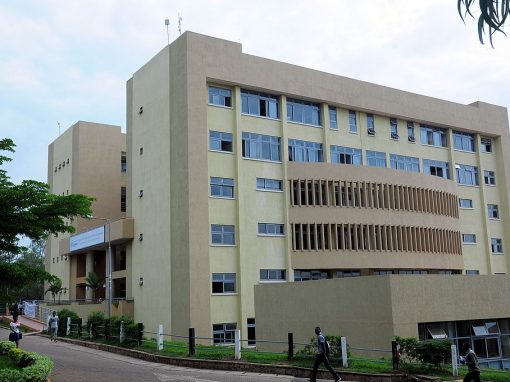
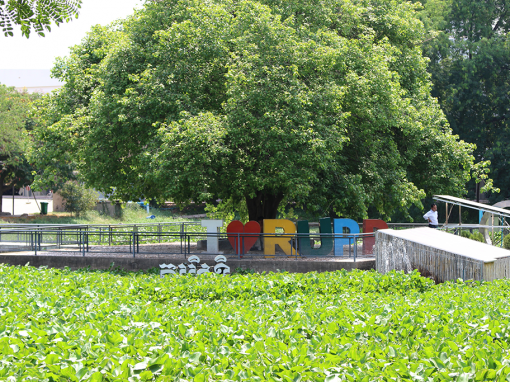
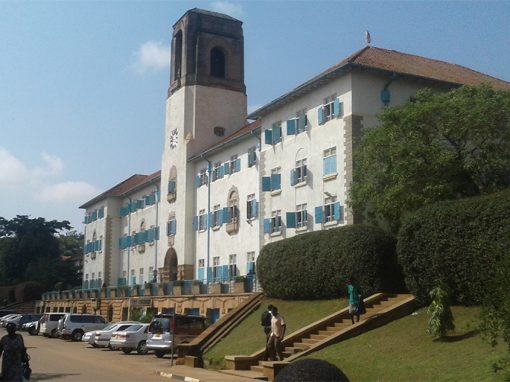
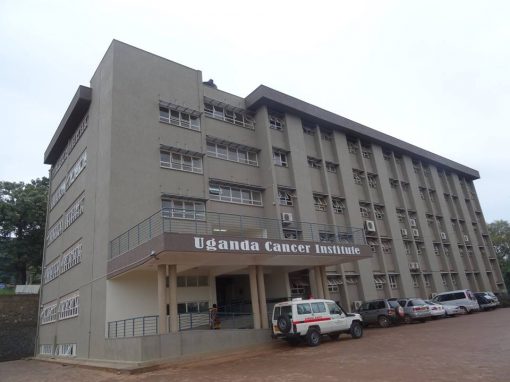
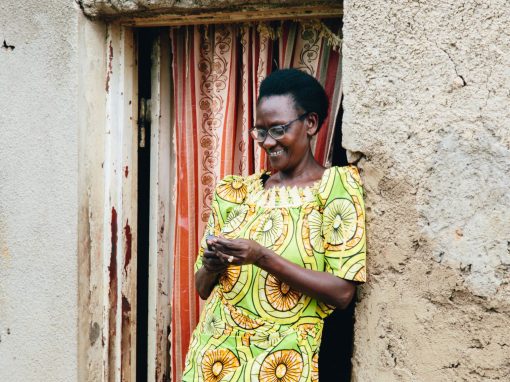
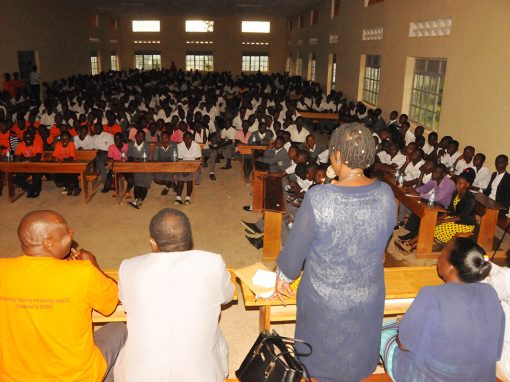


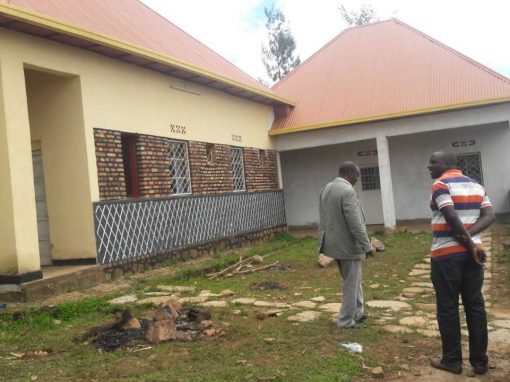
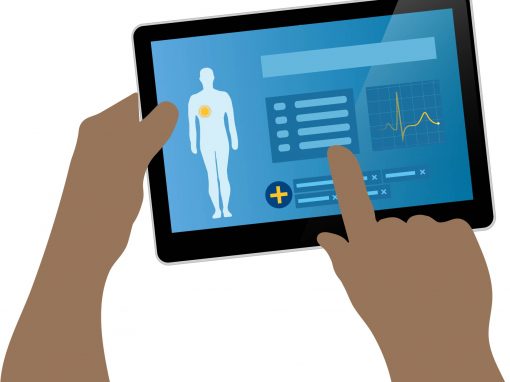
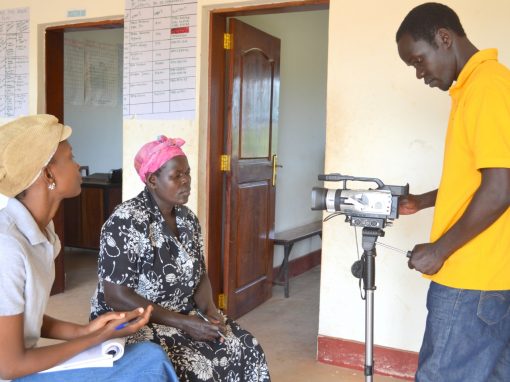
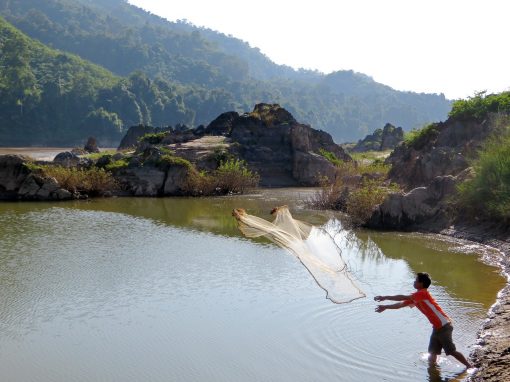

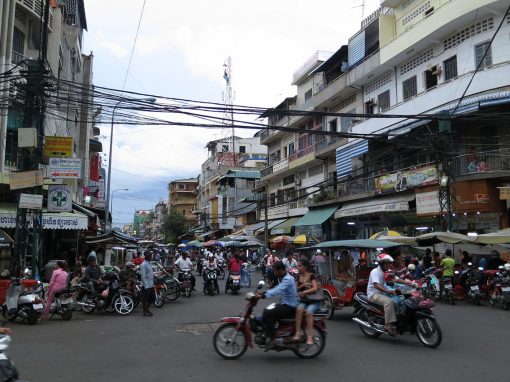

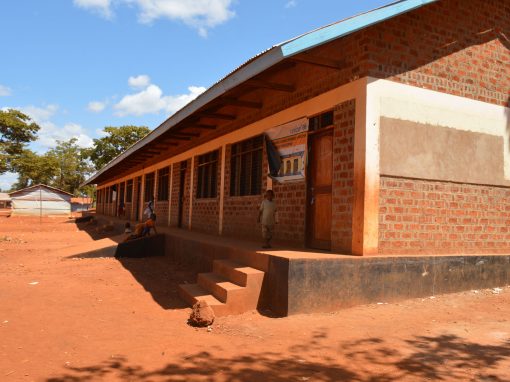
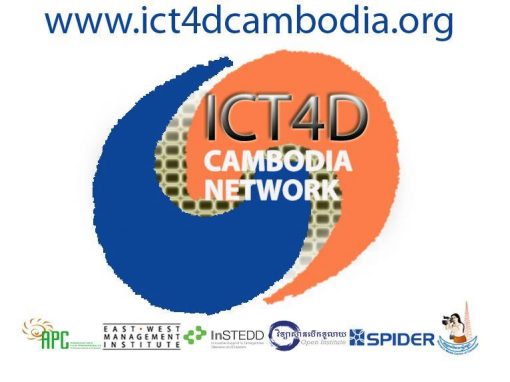
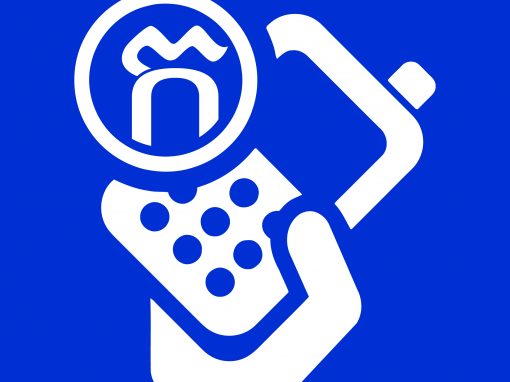
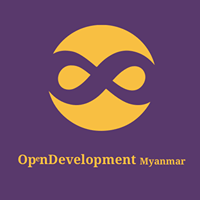
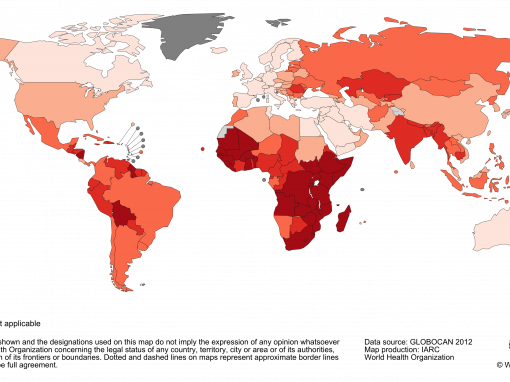
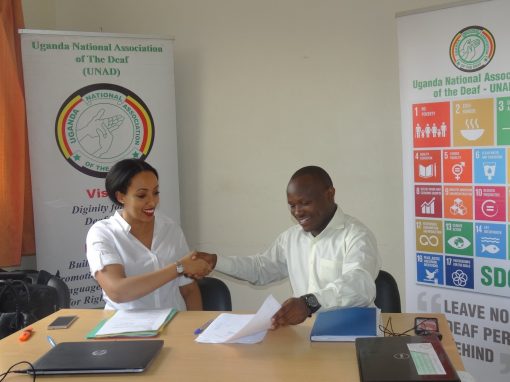

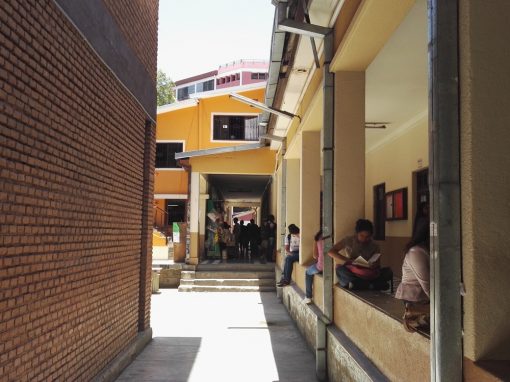
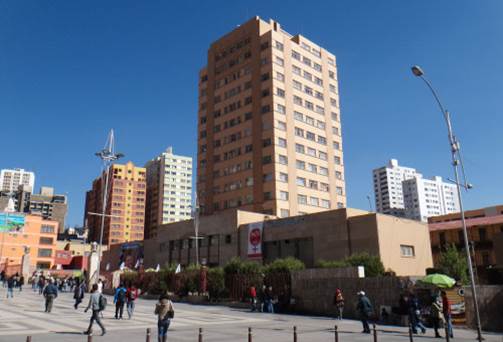

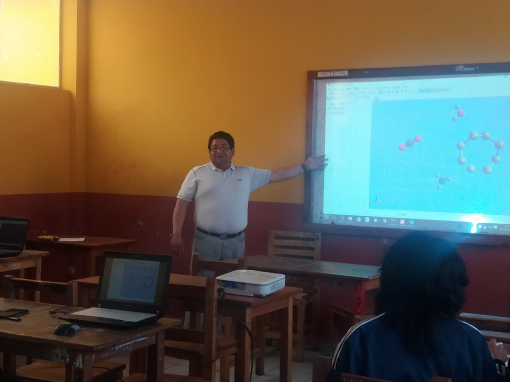
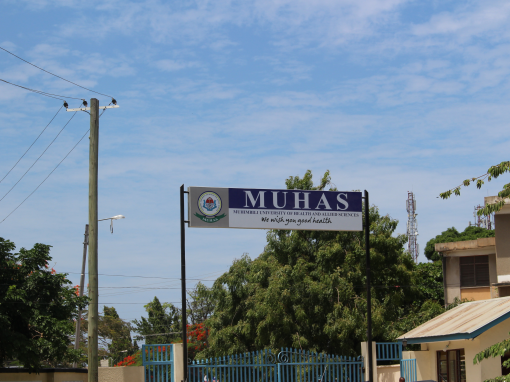
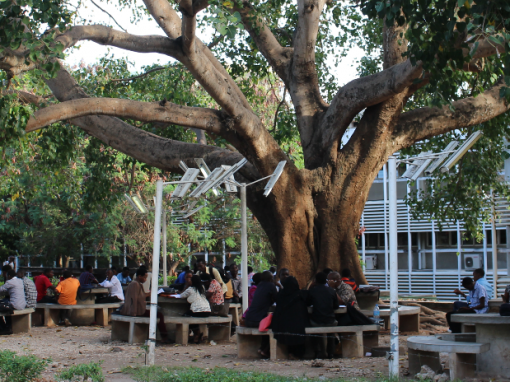
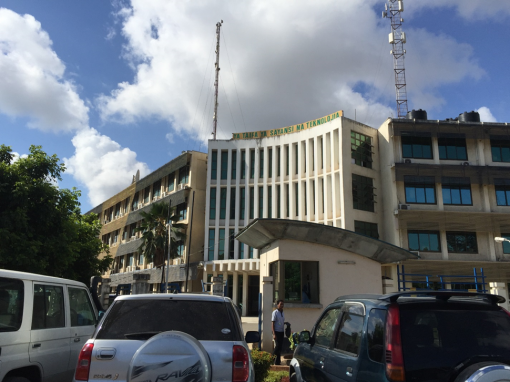
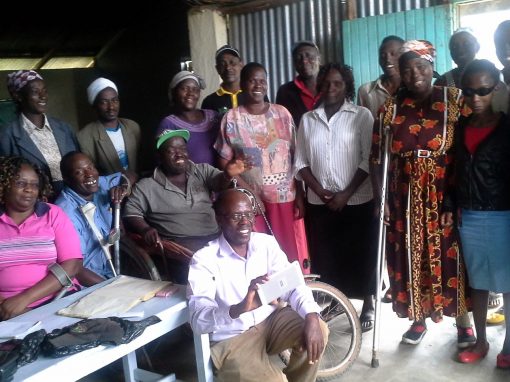
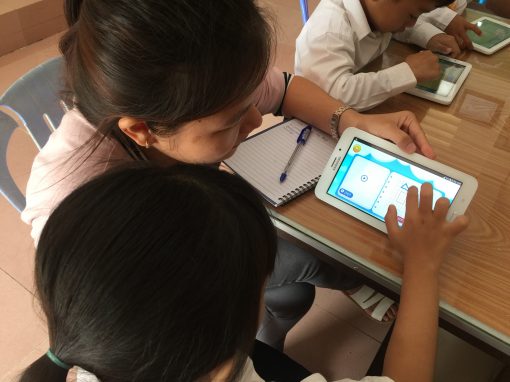
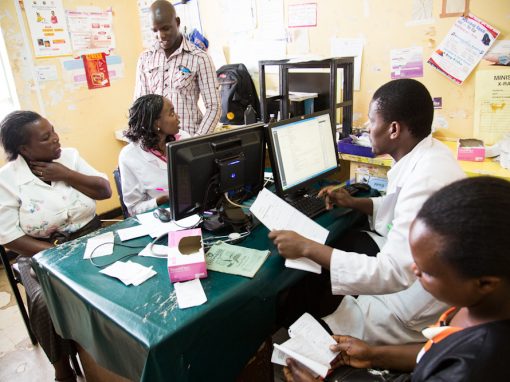
SPIDER Areas of expertise
- Transparency & Accountability
- Education & Learning
- Health & Well-being
- Infrastructure & capacity building
- Research & results
Cross cutting themes
Gender
A gendered analysis is encouraged to address the specific needs, reflect the lives of, and respond to the social realities of men, women, minority groups in their use of technology as well as their input into its design.
Increased Access to ICT
SPIDER believes that access to digital development should be seen a Human Right. Making ICT accessible to more people, especially those who would be able to benefit most in using digitalisation to bridge existing gaps, can have a stark impact on societies. Access and use must be secure and respect the privacy of users.
Social Realities
Context is crucial in SPIDER’s work. We take great care to focus on how ethnicity, religious affiliation, sexuality, and other social determinant can play a role in social imbalances and skewed distribution of resources.
Rights Based Approach
SPIDER takes a Human Rights Based approach to our work in Digital International Development. Our programmes strive to empower people to claim their rights through digital tools. Digitalisation should be systematic and not focused on individualistic solutions only.
Environment
E-waste is a growing problem, especially its accumulation in land-fields and resource lacking communities. SPIDER encourages responsible use of technology and investment in digital waste management to spare our environment.
Disabilities
SPIDER knows that digital tools/ICT can alter the opportunities available for people of varied abilities considerably. We think these key groups are valuable developers and innovators, as well as stand to gain from equal access to spheres previously inaccessible. SPIDER strongly encourages project partners to consider disabilities in any project implementation.
